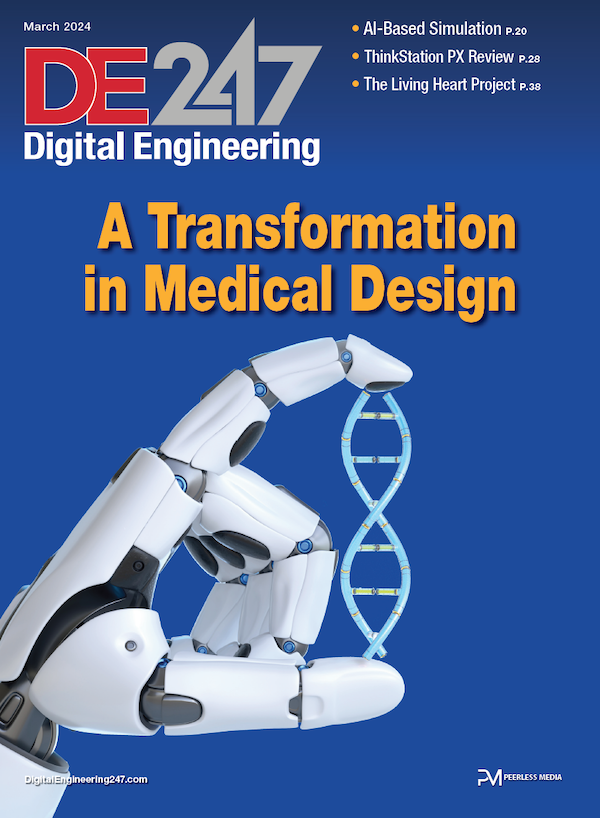
Auburn University inks its largest research contract with the U.S. Army covering advanced manufacturing. Image courtesy of Auburn University.
Auburn University Scores Contract for Advanced Manufacturing Tech
U.S. Army grants a $50 million award to help boost its manufacturing modernization efforts for aviation and missile equipment.
Latest News
January 22, 2024
Auburn University’s advanced manufacturing chops in areas like additive manufacturing (AM) and advanced materials has caught the eye of the U.S. Army, which is now investing $50 million to fund research to help modernize production and lightweighting methods for aviation and missile equipment.
The “Lightweight, Advanced Manufacturing of Metallic, Polymer and Composite Structures for Aviation and Missile Weapon Systems” program is designed to help the U.S. Army’s Combat Capabilities Development Command Aviation & Missile Center upgrade its manufacturing techniques as it prototypes and builds future aviation and missile systems.
The research charter for the three-year project is to develop advanced manufacturing processes required to analyze, design, develop, test, and integrate qualified components for existing and future systems, according to Robert Dowling, director of research development for the Auburn University Applied Research Institute (AUARI) in Huntsville, AL, the entity charged with facilitating the project. AUARI, part of the broader campus that is home to NASA’s Marshall Space Flight Center as well as the Army’s missile, aviation, and missile defense programs, focuses on advanced manufacturing, AM, biotechnology, quantum metrology, cyber and critical infrastructure security, among other technologies. Its mission is to help customers overcome national security as well as aerospace challenges.
In conjunction with AUARI, Auburn’s National Center for Additive Manufacturing Excellence (NCAME) and its Interdisciplinary Center for Advanced Manufacturing Systems (ICAMS) will be involved in the modernization research. NCAME directs and conducts research in several AM areas, promotes standards, and fosters public-private partnerships around AM technologies. The center also offers education and training initiatives to properly skill the next wave of AM specialists, researchers, and technicians. For its part, ICAMS serves as a resource for small- and mid-size manufactures in the Southeastern United States, providing equipment and expertise to train personnel in advanced manufacturing technologies.
As part of the research award, $9.3 million has been designated for NCAME, which will use it to fund research into AM materials, parts, and process qualification to further leverage AM in army operations. While existing and future aviation and missile systems will be the direct beneficiaries of the project, Dowling said successful results may be transferable to other government advanced manufacturing projects.
“Our main objective is to enable the Army to incorporate advanced manufacturing materials and methods into existing and future aviation and missile systems,” he explained. “The advanced manufacturing materials we're considering include alloys, polymers, and composites. The methods will include everything from machine learning to material properties characterization.”
Dowling also says the project will help fulfill one of AUARI’s stated goals—creating a pipeline of engagement between stakeholders in Huntsville’s burgeoning defense sector and the university’s campus and students.
“Significant opportunities can be created for faculty and students when we combine our core research expertise with customer proximity and knowledge,” Dowling said. “AUARI's proximity to Redstone Arsenal and familiarity with Army customers and missions enabled the AUARI team to develop a highly responsive proposal representing a broad spectrum of Auburn's research capabilities both on-campus and in Huntsville.”
Watch this video to learn more about what ICAMS does.
Subscribe to our FREE magazine, FREE email newsletters or both!
Latest News
About the Author
Beth Stackpole is a contributing editor to Digital Engineering. Send e-mail about this article to [email protected].
Follow DERelated Topics






